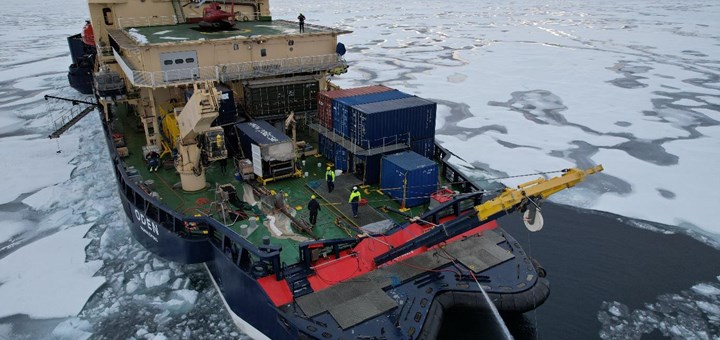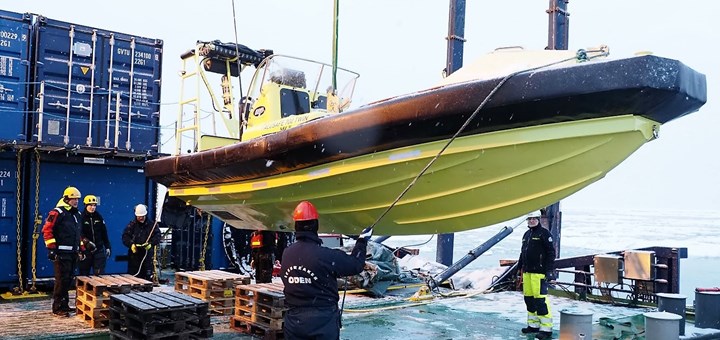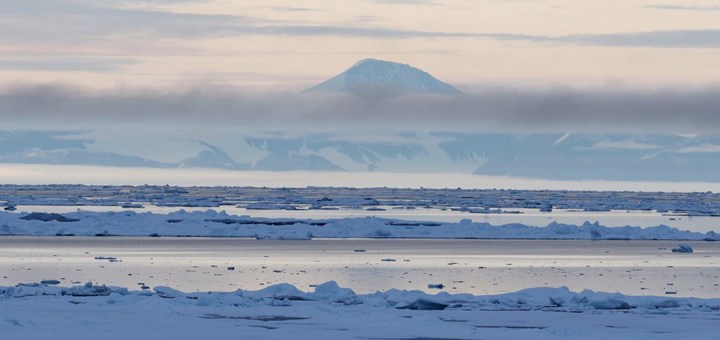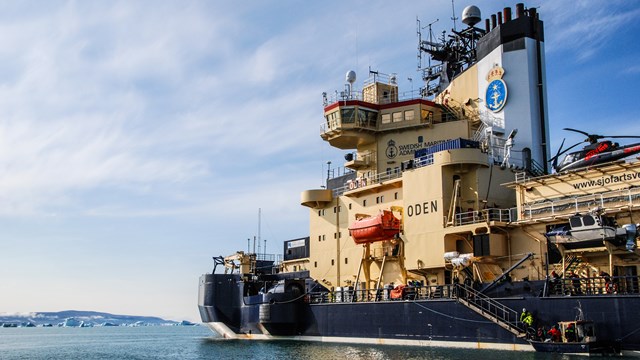Synoptic Arctic Survey 2021
During August-September 2021, the Swedish Polar Research Secretariat plans to conduct the Synoptic Arctic Survey (SAS) expedition in the Arctic Ocean with the Swedish icebreaker Oden. It is part of an international expedition where Oden is one of twelve research vessels that will map the Arctic Ocean in 2020, 2021 and 2022.
The researchers’ coordinated field efforts are made to study the status and change of the Arctic ecosystem. Together, the measurements will lead to a better understanding of how variations in the Arctic Ocean are interconnected, how the carbon and ecosystems respond to climate change, and how chemical and biological disturbances in one region can spread to another. When scientific studies are conducted across several Arctic regions simultaneously, researchers can gain an understanding of the systems’ basic structures and functions.
Fast facts
26 July to 20 September 2021
Area: Arctic Ocean
Vessel: Icebreaker Oden
Chief Scientist: Pauline Snoeijs Leijonmalm
Institutions: 14
Work packages: 16
Expedition coordinator: Maria Samuelsson
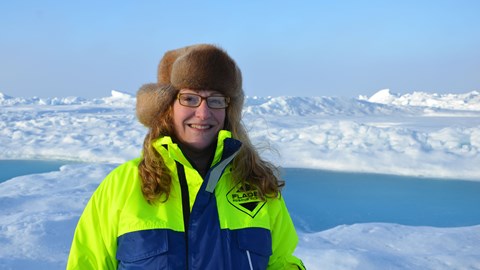
Meet some of the participants in Synoptic Arctic Survey 2021.
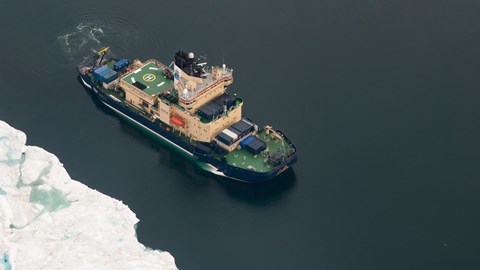
The research expedition Synoptic Arctic Survey, originally planned for 2020, had to be postponed due to the pandemic. Now, this year's expedition starts off by 38 researchers being quarantined at a hotel in Malmö on 16 July.
Purpose
Synoptic Arctic Srvey is focused on a single, overarching question: What are the present state and major ongoing transformations of the Arctic marine system?
The expedition is organized around three major research areas
- Physical drivers of importance to the ecosystem and carbon cycle
- The ecosystem response
- The carbon cycle and ocean acidification
Work packages
- Mesopelagic fish
- Microbial metabolism
- Microbial interactions
- Polar viruses
- Arctic prokaryotes
- Picophytoplankton
- Phytoplankton
- Zooplankton
- Planktonic foraminifera
- Carbon and tracer chemistry
- Ventilation and anthropogenic carbon
- Trace gases cycling
- Trace gas biogeochemistry
- Mid-water acoustics
- Deep water hydrography
- Arctic climate Across Scales
- Teachers programme
The rationale behind the expedition
The Arctic is the part of our planet that is currently most affected by global warming, which makes it an important region to map. Changes in the Arctic will affect humans, animals and plants in the area, but it will also affect our entire planet. The Arctic Ocean is the least studied ocean at the same time as it is of great importance for the Earth’s climate.
SAS will enable both theoretical and quantified forecasts by the researchers modeling physical, biological and chemical data. This will form an important basis in future climate models and an increased understanding of currently relatively unknown processes in an Arctic that is constantly changing. The data collected under SAS will provide a unique point of reference that will allow researchers to track climate change and its effects in the Arctic in the coming years, decades and centuries. Both future generations of polar researchers and decision-makers will benefit from such a point of reference.
Time plan
The expedition starts on July 16 with an individual quarantine for the participants. On July 26, 2021, the icebreaker Oden departs from Helsingborg and on August 2, the observations in the Arctic Ocean begin. The estimated return to Helsingborg is September 20, 2021.
Expedition route
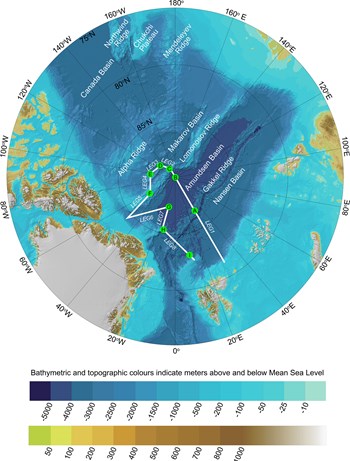
Research participants
The Swedish SAS program consists of 16 work packages where all projects contribute to different parts of the international SAS program. A total of 38 researchers will be on board Oden. In addition, a number of shore-based researchers are also participating in the project. Maria Samuelsson, maria.samuelsson@polar.se, will be the Swedish Polar Research Secretariat’s Expedition Coordinator on board.
See all participants at Synoptic Arctic Survey 2021
Chief Scientist
Pauline Snoeijs Leijonmalm, Professor in Marine Ecology at Stockholm University.
pauline.snoeijs-leijonmalm@su.se, phone: +46 8 16 42 46.

In the Swedish part of Synoptic Arctic Survey, 39 researchers from 14 institutions participate.


